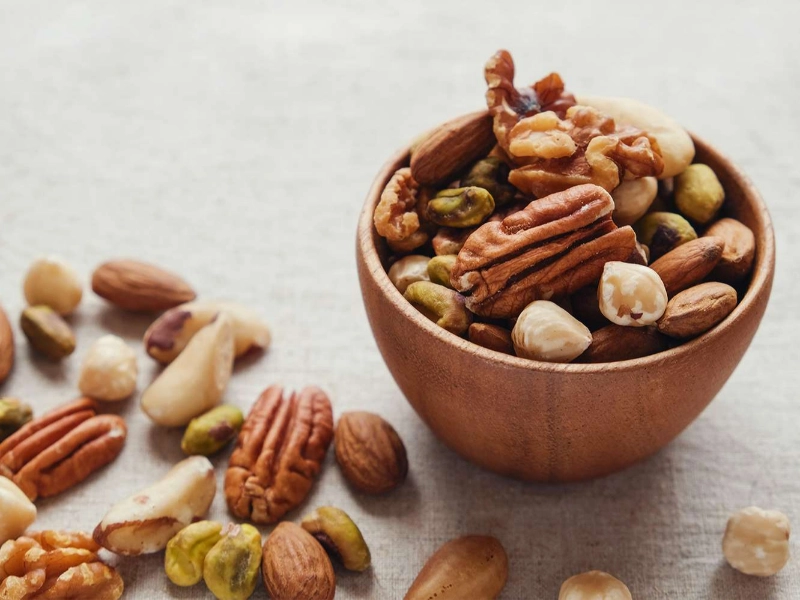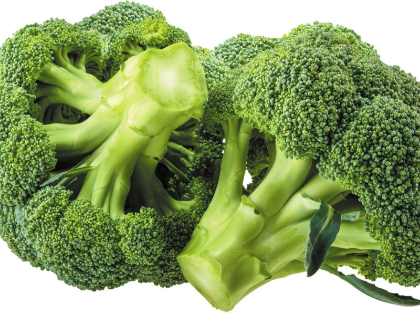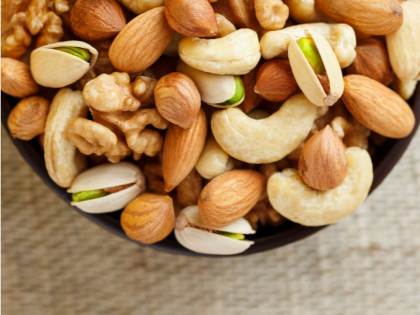The Role of Nuts in Managing Cholesterol Levels
1. Recognizing Cholesterol
Found in the cells of the body, cholesterol is a waxy molecule necessary for several biological processes, including cell membrane construction and hormone generation. Not all cholesterol, meantime, is produced equally. Low-density lipoprotein (LDL), sometimes referred to as "bad" cholesterol, and high-density lipoprotein (HDL), sometimes referred to as "good," are the two primary varieties. Increased risk of heart disease and stroke results from plaque development in arteries brought on by high levels of LDL cholesterol. Maintaining cardiovascular health depends on low cholesterol; hence, food decisions are quite important in this process.

2. Nutritional Value of Nuts
Nutrient-dense foods full of health advantages are nuts. Rich in good fats, especially monounsaturated and polyunsaturated fats, which can help lower cholesterol, Furthermore, important for general health are elements found in nuts, including fiber, protein, vitamins, and minerals. Almonds, walnuts, pistachios, cashews, and hazelnuts are among the common varieties of nuts; each has a special nutritional value.

3. Cholesterol and Healthy Fats
Management of cholesterol levels depends critically on the kind of fat consumed. Mostly made of good fats, nuts can help decrease LDL cholesterol and raise HDL cholesterol. Almonds and walnuts, for example, are very heavy in monounsaturated fats, which have been demonstrated to improve heart function. Changing red meat and full-fat dairy products' saturated fats for healthy fats from nuts will help to change cholesterol profiles.

4. The Function of Fiber
A heart-healthy diet must include fiber, which comes from nuts really nicely. Particularly soluble fiber can help reduce LDL cholesterol by binding to cholesterol in the digestive tract and encouraging excretion of it. This mechanism lowers the cholesterol absorbed into the circulation. Regular nut eating can boost fiber intake, which helps to control cholesterol and improve digestive health generally.
5. Antioxidants and Heart Function
Rich in antioxidants as well, nuts help the body fight oxidative stress by means of their action. Oxidative stress can harm blood vessels and help heart disease develop. Walnuts, for instance, are heavy in polyphenolic chemicals that fight inflammation and enhance endothelial function. Including nuts in the diet helps people to enjoy these preventive qualities, therefore boosting heart health and cholesterol control.
6. Moderation and Portion Control
Although nuts have many health advantages, their great calorie density makes moderation of them necessary. Usually advised as a serving size is a little handful of nuts—about one ounce. Overindulging in nuts can result in too many calories, which could offset any benefits on cholesterol levels. A balanced diet depends on being aware of portion proportions even while you enjoy the health advantages of nuts.
7. Add Nuts to Your Diet
Including nuts in every day meals may be simple and fun. For extra texture and taste, toss them into salads, yogurt, porridge, and smoothies. Additionally, a good snack choice are nuts since they give steady energy and satisfaction. Experimenting with several kinds of nuts helps maintain the diet as varied and fascinating, thereby facilitating access to the health advantages they provide.
8. Investigating and Providing Proof
Many studies have shown how well nut consumption lowers cholesterol and improves heart health. Studies show that those who often eat nuts often have lower LDL cholesterol and a lower risk of cardiovascular disease. These results support the theory that, especially for individuals trying to properly control cholesterol, nuts might be a great complement to a heart-healthy diet.
9. Synopsis of Nutritional Affections on Cholesterol
Promoting heart health and helping to control cholesterol depend much on nuts. For those trying to lower their cholesterol, their high concentration of good fats, fiber, antioxidants, and key minerals makes them a great choice. Incorporating a range of nuts into a balanced diet and using portion management will help people to enjoy the health advantages of these nutrient-dense foods and hence control their cholesterol levels.Including nuts in a whole strategy for heart health can help one be long-term healthy and lower their risk of cardiovascular disease.










